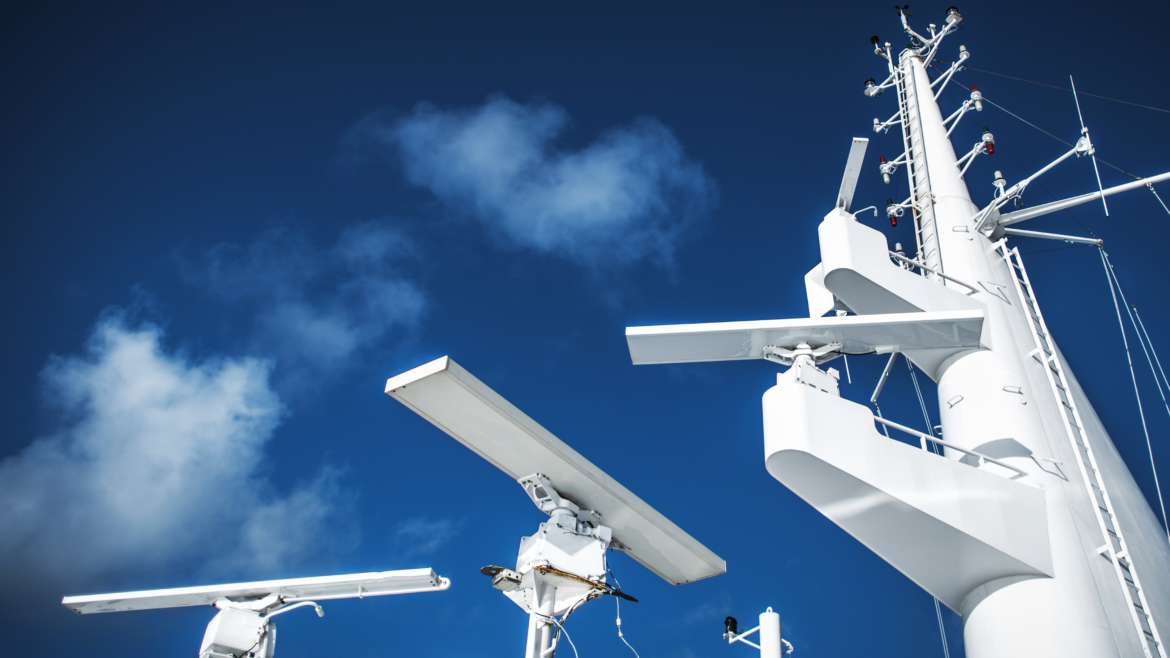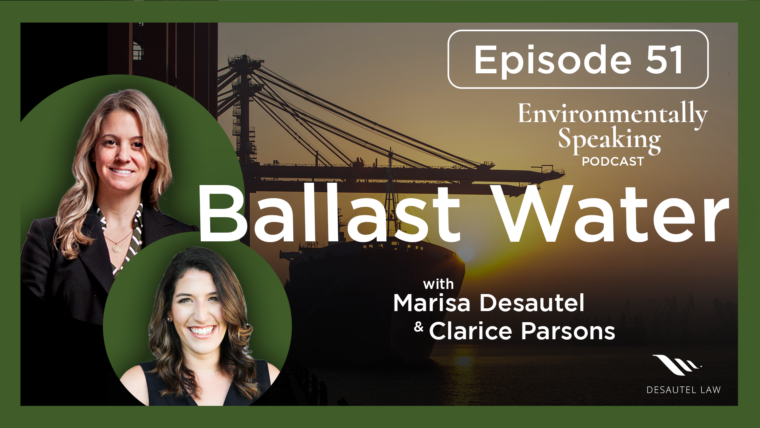One month after the start of COVID-19 restrictions, the legal field began seeing an average of one related case filed daily. For the maritime industry, many of these civil litigation lawsuits will stem from shipping, cruise ship, and insurance cases, as noted below under admiralty law.
Shipping
This podcast offers some of the impacts of COVID-19 on global shipping. In addition, a BIMCO Youtube video addresses several related issues. Lower demand and lower freight rates pushed vessels to transport goods at less than capacity, and major carriers have been cancelling or “blanking” shipments. This impacts both carriers and cargo owners through the obligations under charter parties and/or bills of lading: contractual obligations therein may give rise to civil litigation.
Many of the approximate 100,000 crew changes per month for non-U.S. flag vessels have been deferred despite the crew being onboard with expired work contracts, despite requests from the International Maritime Organization and others for crew members to be exempt from travel bans. Several rights of mariners may be affected by this policy.
Cruise Ships
At the start of the pandemic, the cruise ship industry was under a 30-day No Sail Order, and had already experienced losses over $750 million by March of this year. Carnival announced plans to issue about $6 billion in stock and debt, and is also suspending its dividend and stock buyback programs. This is perhaps influenced by various calls for financial assistance to only benefit the cruise lines which fly the U.S. flag. The industry is seeking federal help because of its losses. In addition, civil litigation exposure is growing for several cruise lines.
Under admiralty law, cruise ship owners and operators owe a duty of exercising reasonable care to their passengers. The Grand Princess and the Diamond Princess were held at sea while infection rates onboard rose and the vessels struggled to find a place to dock and get passengers into quarantine. Two couples initiated civil litigation lawsuits against Princess Cruises (owned by Carnival Corp.). These suits demand more than $1 million each, based on alleged gross negligence by the cruise line in response to infections onboard. Claims have, in turn, led to more lawsuits.
One thing to keep in mind for these civil litigation lawsuits is the question of what limitations the cruise tickets impose on lawsuits. Additionally, there may be more civil litigation in the form of class action suits filed by shareholders, similar to the class action filed against Norwegian Cruise Line for allegedly lying about the severity of the disease to keep their cruises booked.
Additional cruise ships remain at sea; the Coast Guard directed them to remain at sea or seek help from the vessel’s flag country for now after the vessels anticipated docking in Florida. See MSIB 01-20.
Insurance
For both of the above industries, as well as many others (including real estate and construction), the impacts will be felt by the businesses themselves but also their insurers. Business disruption claims will likely focus on whether a business is insured against disruptions caused by COVID-19 problems. Contractual language will also be critical to civil litigation claims excusing performance or delaying performance. Whether or not COVID-19 will be an acceptable excuse not to perform according to the contract will depend on whether the contract itself includes a force majeure clause. Also,, a determination of whether that clause is triggered by the COVID-19 outbreak must be made. Some companies have already declared that a force majeure exists.
If you’re unsure of your civil litigation exposure, or your business’, in light of these COVID-19 impacts in admiralty law, get in touch. We are available by email and phone to to discuss your concerns in detail. Call or email us today at help@desautelesq.com or 401.477.0023.


